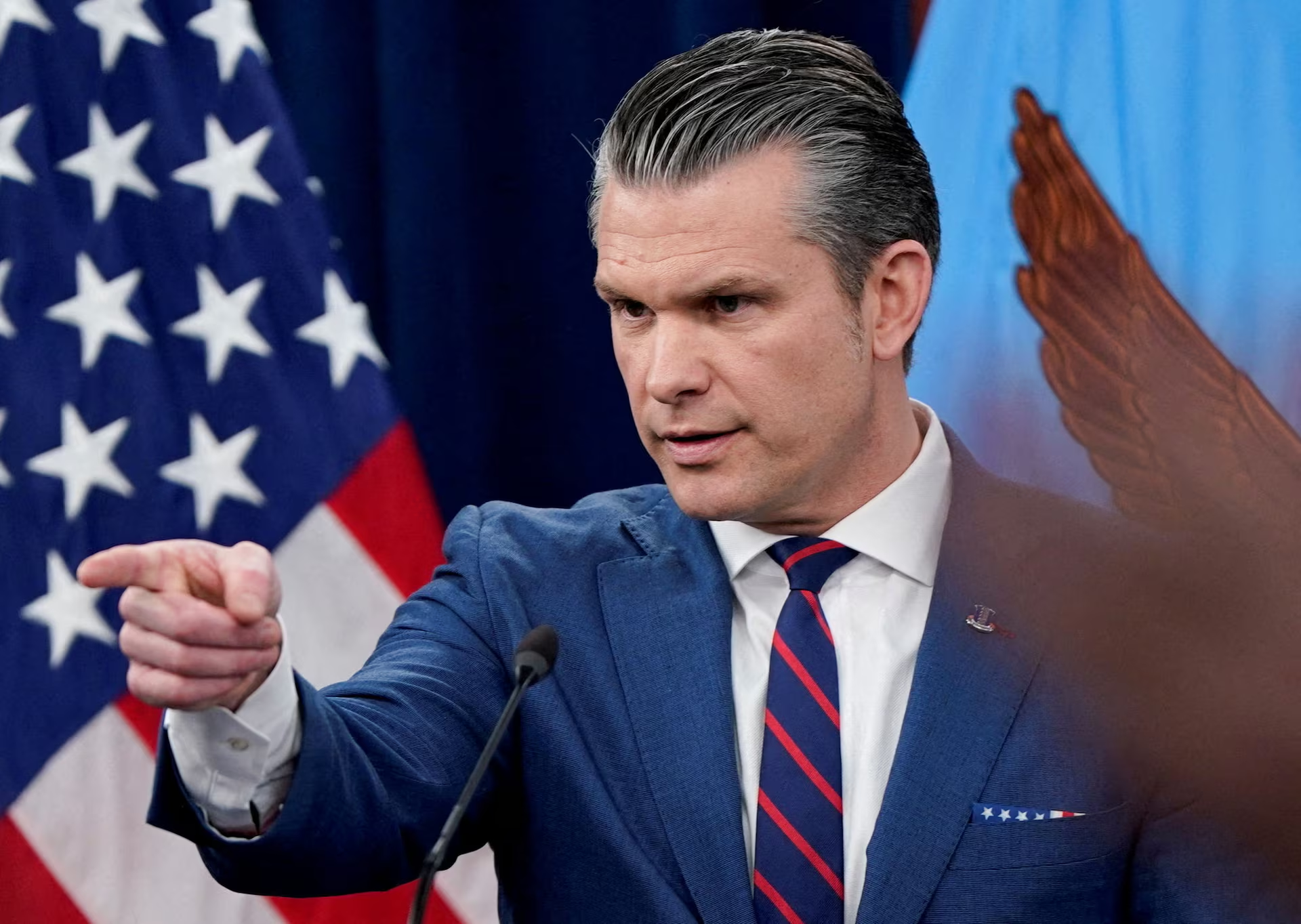
India and Germany, longstanding partners in development projects, are poised to expand their collaboration by including a third developing-country partner, marking a strategic shift towards Africa. This new chapter will focus on Ethiopia and Madagascar, building on the successes of past initiatives in Peru, Ghana, Cameroon, and Malawi.
“The goal is to leverage our combined strengths and development expertise to offer sustainable, inclusive projects that address critical challenges and advance the Sustainable Development Goals (SDGs),” declared both nations in a joint declaration signed in May 2022. This collaboration extends beyond bilateral efforts, aiming to impact multilateral institutions like the International Solar Alliance (ISA) where both countries are members.
While the Indo-German partnership has traditionally focused on climate and sustainability solutions, Germany seeks to broaden the scope. Jochen Flasbarth, state secretary at Germany’s federal ministry for economic cooperation and development, announced their interest in incorporating healthcare projects and sponsoring health-related research and development in Africa.
This expansion reflects a broader trend. India has been actively pursuing trilateral cooperation partnerships with prominent nations like the United States and France, capitalizing on their technical expertise and financial resources. Examples include potential collaborations with America, Australia, and France in the Pacific Islands, and a similar proposal under the Global Innovation Partnership with the United Kingdom to leverage Indian innovation for development in strategic third countries.
Mint reported that target countries for these initiatives will be finalized by early 2024, with potential cooperation on renewable power projects in Sri Lanka already under discussion.
However, trilateral cooperation, while promising, presents coordination challenges. Balancing India’s preference for swift, bilateral projects with the complexities of involving multiple partners requires careful navigation. Nevertheless, the commitment to sustainable development and strategic partnerships suggests a promising future for this evolving approach to international development cooperation.




